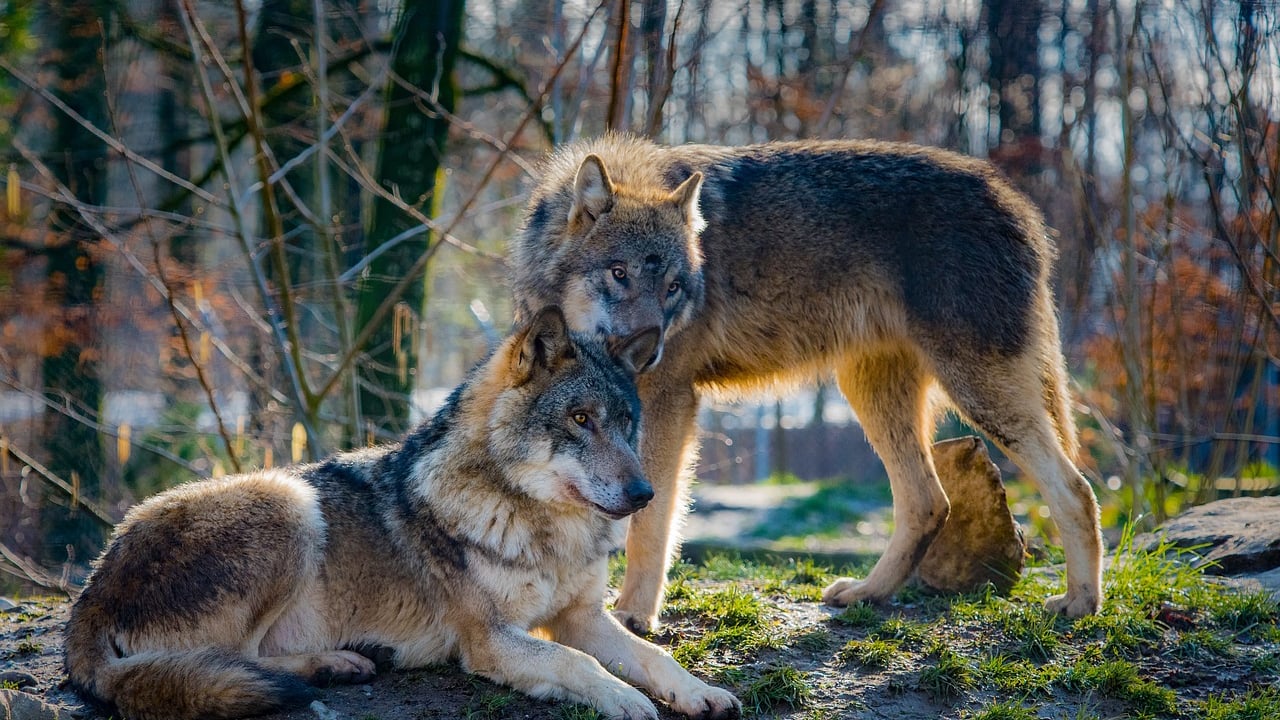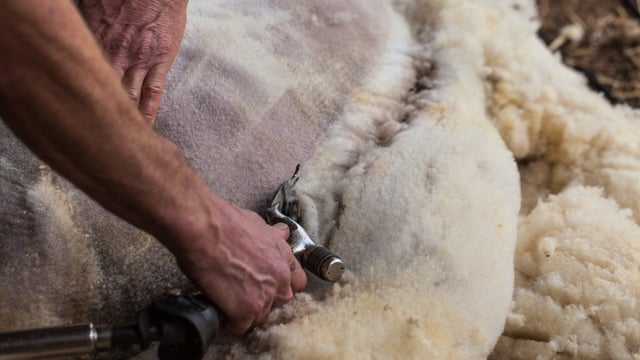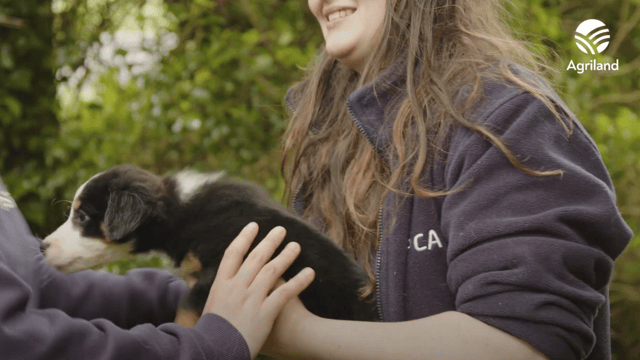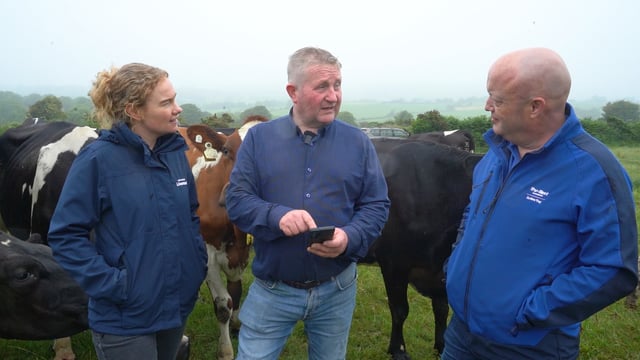Rise in wolf attacks on EU livestock raised at agri ministers council
A Council of EU meeting of agriculture ministers has heard calls for more to be done to address the rise in wolf attacks on livestock, and the threat from large carnivores in general.
The issue has been one of growing concern in recent years, with EU agriculture sector stakeholders saying that large carnivores - mainly wolves and bears - are a threat to livestock in several member states.
The success of the EU's Habitat Directive in the protection of wolves has been cited as one cause of this problem, something the European Commission has acknowledged previously.
There have been repeated calls for the protection status of the wolf to be altered to allow a limited amount of wolf hunting where they present a threat to livestock.
A paper presented by the Austrian delegation to the council yesterday (Monday, May 28) said that the threat from wolves was part of a larger set of crises that has been plaguing the agriculture sector is recent months.
The Austrians said: "The recent and widespread protests of farmers throughout the EU demonstrate clearly a progressive imbalance between the three pillars of sustainability, namely economic, social and environmental... In the last months, some of the concerns have been alleviated by the immediate measures taken by European, national and regional authorities.
"Nevertheless, particularly one important obstacle has to be urgently addressed. The Habitat Directive has certainly been a milestone in protecting endangered flora and fauna... However, within the last 30 years, circumstances have fundamentally changed," the Austrian delegation added.
"The recovering of certain protected carnivores, such as the wolf, has led to severe problems in the field of agriculture and forestry.
"Whereas society and land managers in various countries have become used to the absence of the risks posed by some large carnivores and have developed rural areas under these conditions, the population is now rapidly growing, hence causing more and more economically-relevant livestock losses as a direct consequence," the council heard.
According to analysis from the commission, there were 20,300 wolves detected in the EU last year, with only Ireland, Cyprus and Malta having none.
These wolves kill over 65,000 livestock annually, 73% of which are sheep and goats, 19% of which are cattle and 6% of which are horses and donkeys.
The bear population in the EU is also growing, with some 16,000 bears in the EU, with the population expanding into countries with no previous bear population.
The Austrian representatives told the council that the increasing return of large carnivores "will probably lead to an increased tendency to abandon pastures in the future".
The Austrians called on the EU to "rapidly finalise" discussions on the protection status of the wolf in order to provide necessary flexibility for farmers to protect their livestock.
The Austrian delegation also called for solutions to address the rising population of other carnivore species, particularly bear.
On a separate issue, the council also heard a call for simplification of regulation in the agriculture sector.
The Danish delegation called for more "innovation-friendly" regulation in agri-food sector, a call which was supported by a number of other member states, including Ireland.
The Danish representation said: "Against the backdrop of the open strategic autonomy and the objectives to move towards a more resilient and competitive EU, it must be considered how the agri-food sector is best able to contribute.
"The agri-food sector can play a significant role, if regulation of importance to the sector promotes and supports efficiency and innovation," the council heard.
"New solutions are needed to drive the green transition and to solve the combination of challenges facing the sector... To make this happen there is a need for EU regulation that supports and enables the development and deployment of innovations in the agri-food sector with the aim of producing more with less.
"There is a need for an EU regulatory framework that reduces time-to-market constraints, and to enhance the attractiveness of the EU when it comes to research and development," the Danes said.
"The commission and the council are called upon in the future to consider how to make the existing regulatory regime within areas such as new genomic techniques, feed additives, and biological plant protection products simpler and more innovation-friendly, without compromising on safety," they added.





